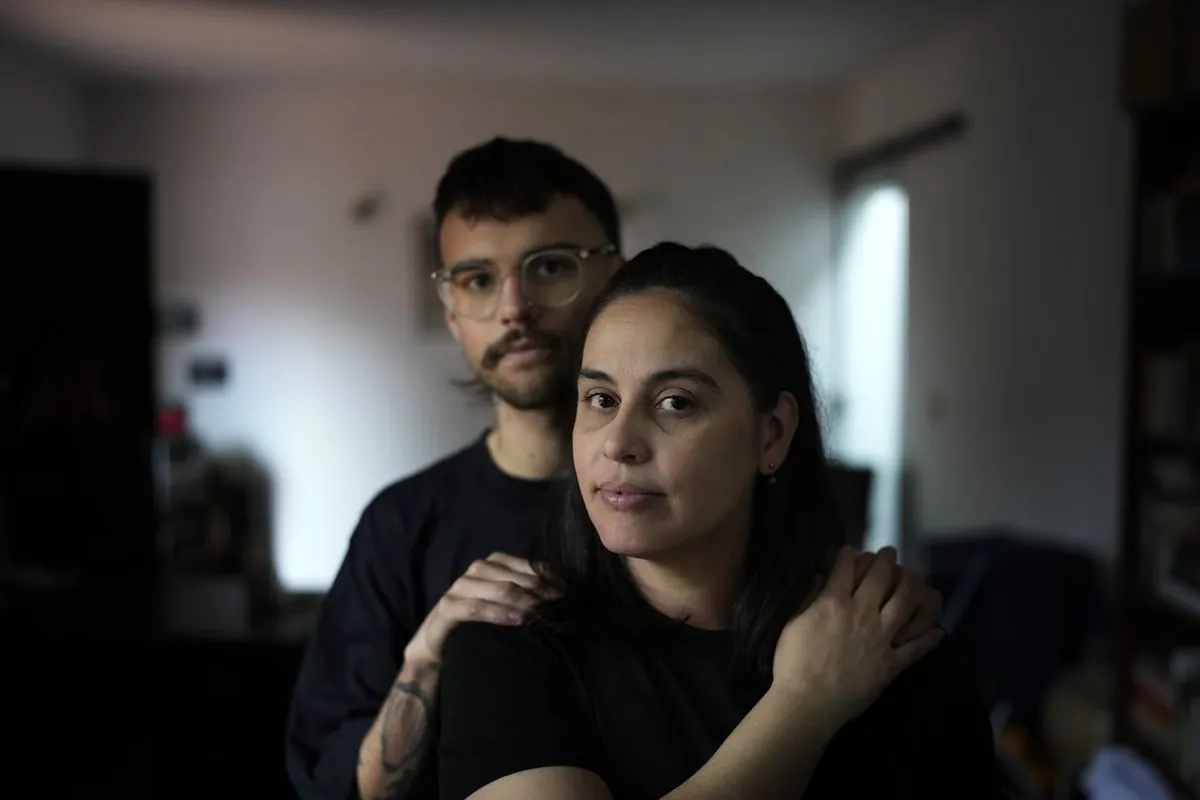Paraguay's Controversial Sex Ed Curriculum Sparks National Debate
Paraguay introduces a new sex education curriculum, stirring controversy between conservatives and progressives. The program, promoting abstinence and traditional values, reflects the country's complex political and social landscape.

In a significant development, Paraguay's Ministry of Education has endorsed a national sex education curriculum for the first time. This move comes as the country grapples with the highest teenage pregnancy rate in South America, highlighting the urgent need for comprehensive sexual education.
The new curriculum, however, has become a focal point of intense debate. Surprisingly, it's not the conservatives who are protesting, but sexual health educators and feminists who express concern over its content. The program promotes abstinence, describes sex as "God's invention for married people," and warns about condom inefficacy, while omitting discussions on sexual orientation or identity.
Miguel Ortigoza, an evangelical pastor and key proponent of the curriculum, explains:
"We have a very strong Judeo-Christian culture that still prevails, and there's fierce resistance to anything that goes against our principles."
This conservative approach to sex education reflects Paraguay's complex political and social landscape. The country has been predominantly ruled by the conservative Colorado party for 76 of the past 80 years, including during a dictatorship sympathetic to Adolf Hitler. This historical context has shaped Paraguay's conservative stance on various social issues.

Paraguay's strict policies extend beyond education. The country enforces some of the world's most restrictive abortion laws, punishing the procedure even in cases of incest or rape. In 2017, Paraguay became the first nation to prohibit school discussions about gender identity, setting a precedent that has since been followed by some European populists and Republican governors in the United States.
The new curriculum has drawn criticism from various quarters. Esperanza Martínez, a leftist senator, called it "very dangerous" and "an affront to science" during a recent government committee debate. Critics argue that the curriculum perpetuates sexist stereotypes and provides misleading information about sexual health.
Yren Rotela, a trans activist, highlights the potential harm of non-inclusive education:
"Without a truly inclusive education that allows you to understand your reality, it's scary."
This sentiment is particularly poignant in a country where transgender identity is not legally recognized, and there's no legislation addressing hate crimes against LGBTQ+ individuals.
The debate over sex education in Paraguay taps into deeper political and historical currents. The country's traumatic experience during the War of the Triple Alliance (1865-1870), which decimated more than half of its population, has left a lasting impact on national psyche and politics.
Esteban Caballero, an adviser for the Latin American Faculty of Social Sciences, observes:
"Paraguay is the perfect breeding ground for globalist conspiracies. It's not a fringe group of fanatics promoting this narrative, it's a conservative society terrified by nonbinary identities. That means votes."
As Paraguay navigates this contentious issue, the outcome of this debate will likely have far-reaching implications for the country's approach to sexual health, education, and social policies in the years to come.


































